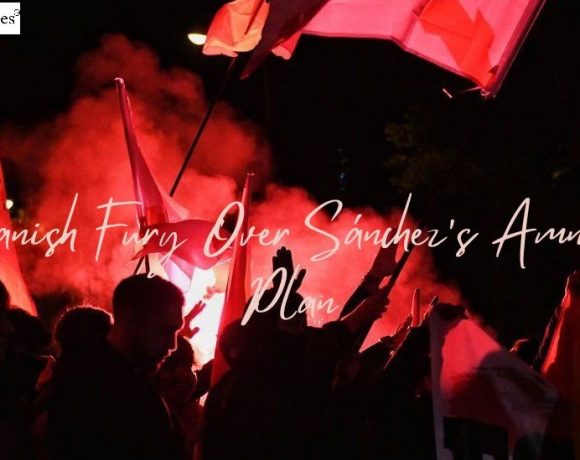
The recent regional election in Catalonia marked a significant shift in the political landscape, with the Socialists, led by Salvador Illa, emerging victorious with 42 seats. This success contrasted with a drop in support for independence to 42%, down from 49% in 2017, signaling a setback for pro-independence parties.
Despite the Socialist victory, forming a government may prove challenging, as coalition negotiations are necessary. The fragmented nature of the Catalan parliament, divided by unionist-separatist allegiances and left-right divisions, is likely to prolong post-election discussions.
The amnesty law, a contentious issue benefiting nationalists and championed by Prime Minister Pedro Sánchez’s government, played a pivotal role in securing support. However, it has faced criticism, particularly from opponents on the right, for its perceived leniency towards separatist activities.
Calls for unity among pro-independence parties have emerged, but the complexity of the political landscape suggests that negotiations will be intricate. Despite former regional president Carles Puigdemont’s suggestion for a coalition between pro-independence parties, the path to forming a government remains uncertain.
Additionally, the election saw gains for the conservative People’s Party and the far-right Vox, while the centrist Ciudadanos lost all representation in the parliament. A new far-right party, Catalan Alliance, also secured two seats, further diversifying the political spectrum in Catalonia.
Picture Courtesy: Google/images are subject to copyright

